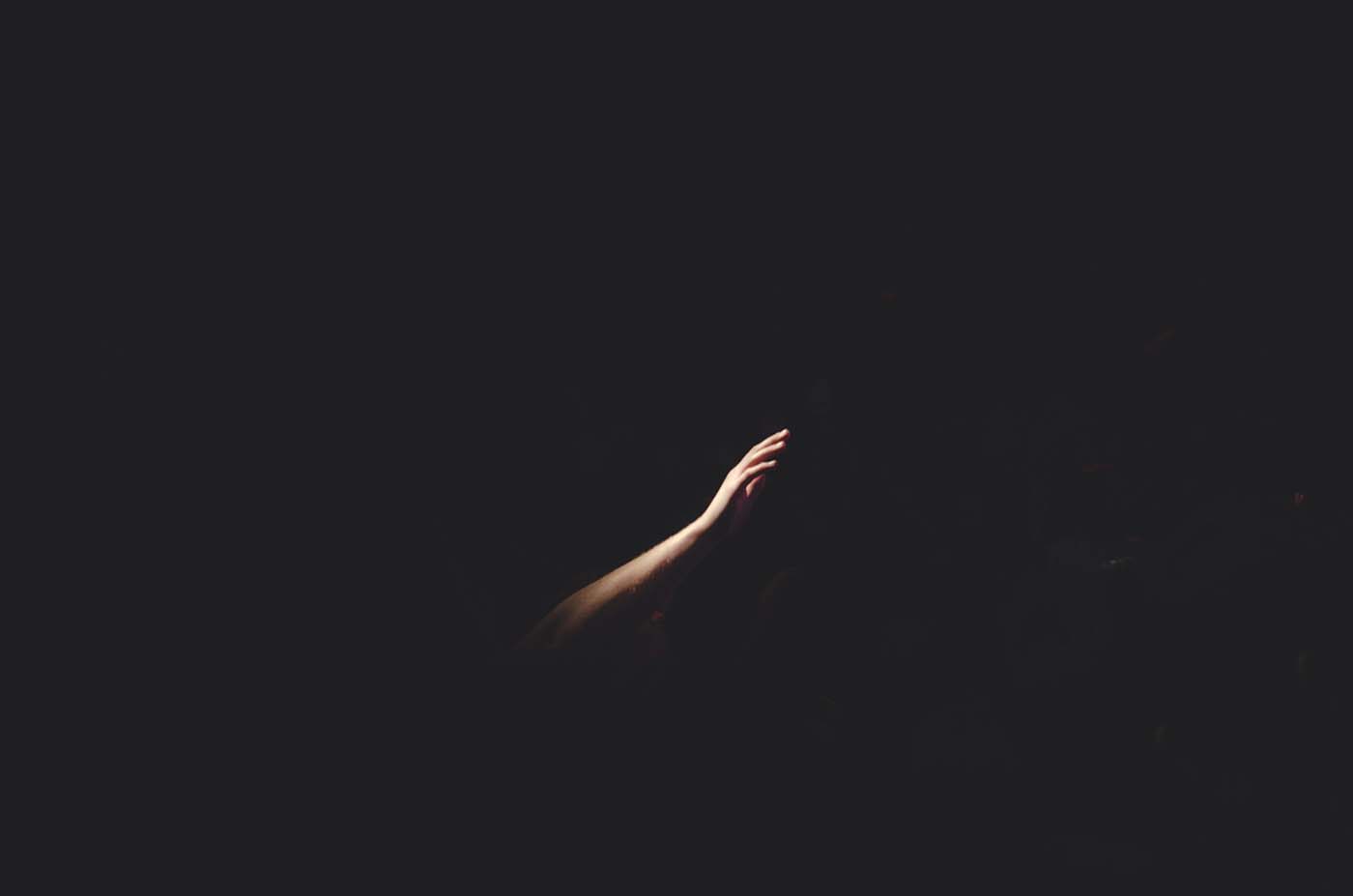
In the campy 1980 comedy, Caddyshack, disheveled groundskeeper Carl Spackler (played by a brilliant[...]

It's not often that a scientist becomes a subject for his own research; even[...]

Sensory deprivation via natural or manmade caves has now become, if not routine, certainly[...]

Using fMRI technology, scientists for the first time have revealed significant - albeit temporary[...]

The Spiritual Lesson Lurking in Materialism
The material world is not what we perceive it to be. This is the age-old message of the mystics, sages, and seers. But it’s also become a central discovery of modern science.
Assuming we’re open-minded and humble enough to accept this bizarre idea, our lives can be improved for the better.
Albert Einstein, who spent his life studying the fundamental building blocks of existence, famously suggested that what we call reality is something of an illusion, and a “persistent one” at that.
In the years since Einstein’s death, researchers in the quantum space have continued to drill deeper into the building blocks or existence along with the forces that control them. But with each new expedition they return empty-handed, with atoms begetting sub-atomic particles which beget newer and still stranger energetic thingamajigs (aka quarks, gluons, muons, and tauons).
“Reality is merely an illusion, although a very persistent one.” – Albert Einstein
Instead of behaving as ‘building blocks,’ they behave like energy or, more specifically, energetic events. The quantum weirdness gets weirder when we consider that the electrons orbiting atoms can behave as both particle or wave, and furthermore, these energetic thingamajigs can be in two places at the same time (aka superposition).
Our favorite little piece of quantum weirdness and the one you should pay attention to: the observer effect. The world we perceive – including ourselves – does not exist without an observing consciousness. In other worlds, it’s not really the world that is illusory, it’s our perception of it.Similarly, the cosmologists peering out toward the farthest reaches of the known universe keep finding evidence to debunk their previous theories. Most recently this little nugget about areas of the universe expanding at different rates threatens to blow the doors off everything we thought we ‘knew’ about the universe.
So why does (or should) any of this matter? Because it gives us permission to stop depending on the outside world as some kind of instrument through which we can find meaning, purpose, or happiness. It instead suggests we spend more time exploring our inner world, the one that allows us to process ourselves, the external world, thoughts and sensations.



